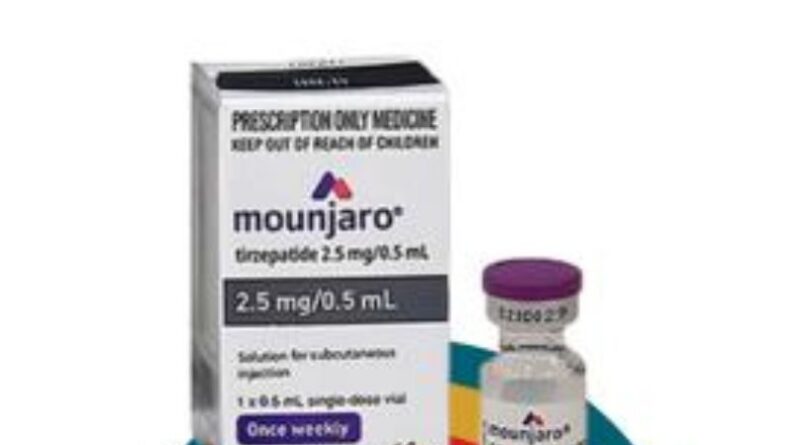7 Safe Alternatives to Mounjaro: Effective Guide
Living with diabetes can be challenging, but with the right tools and strategies, it is possible to manage the condition effectively. One such tool that many people with diabetes rely on is Mounjaro, a medication used to control blood sugar levels. However, like any medication, Mounjaro may not be suitable for everyone or may cause unwanted side effects. If you’re looking for safe alternatives to Mounjaro, you’ve come to the right place. In this guide, we’ll explore seven effective mounjaro alternatives for managing diabetes safely and effectively.
1. Dietary Modifications
One of the most powerful ways to manage diabetes is through dietary modifications. By making healthier food choices and controlling portion sizes, you can regulate your blood sugar levels naturally. Focus on incorporating more fruits, vegetables, whole grains, and lean proteins into your diet while limiting processed foods, sugary drinks, and high-fat foods. A dietitian can help you create a personalized meal plan that meets your nutritional needs and helps you manage your diabetes effectively.
2. Regular Exercise
Physical activity is essential for managing diabetes as it helps improve insulin sensitivity and lowers blood sugar levels. Aim for at least 30 minutes of moderate-intensity exercise most days of the week, such as brisk walking, cycling, swimming, or dancing. Incorporating strength training exercises into your routine can also help build muscle mass and improve overall metabolic health. Consult with your healthcare provider before starting any new exercise program, especially if you have any underlying health conditions.
3. Oral Medications
If dietary modifications and exercise alone are not sufficient to control your blood sugar levels, your healthcare provider may prescribe oral medications as an alternative to Mounjaro. There are several classes of oral medications available for managing diabetes, including metformin, sulfonylureas, meglitinides, and DPP-4 inhibitors. These medications work by either increasing insulin production, improving insulin sensitivity, or reducing glucose production in the liver. Your healthcare provider will determine the most appropriate medication based on your individual needs and medical history.
4. Insulin Therapy
Insulin therapy may be necessary for people with type 1 diabetes or those with type 2 diabetes who cannot achieve adequate blood sugar control with oral medications alone. Insulin is a hormone that helps regulate blood sugar levels by allowing glucose to enter cells for energy. There are several types of insulin available, including rapid-acting, short-acting, intermediate-acting, and long-acting insulin. Your healthcare provider will work with you to develop an insulin regimen that meets your specific needs and lifestyle.
5. Continuous Glucose Monitoring (CGM)
Continuous glucose monitoring (CGM) devices are another alternative to Mounjaro for managing diabetes. These devices use sensors inserted under the skin to measure glucose levels in real-time throughout the day and night. CGM systems provide valuable insights into how food, exercise, medication, and other factors affect your blood sugar levels, allowing you to make more informed decisions about your diabetes management. Some CGM devices can even alert you to potential high or low blood sugar levels, helping you take action before they become a problem.
6. Herbal Supplements
Some people with diabetes turn to herbal supplements as an alternative or complementary therapy to conventional medications. While research on the effectiveness of herbal supplements for diabetes management is limited, some herbs and botanicals may have potential benefits for controlling blood sugar levels. Examples include cinnamon, bitter melon, fenugreek, and ginseng. However, it’s essential to use caution when using herbal supplements, as they can interact with medications and may not be safe for everyone. Always consult with your healthcare provider before starting any new supplement regimen.
7. Lifestyle Modifications
In addition to dietary changes and exercise, making other lifestyle modifications can help improve diabetes management and reduce the need for medication. Getting an adequate amount of sleep each night, managing stress levels, and quitting smoking are all important for overall health and well-being. Additionally, monitoring your blood sugar levels regularly and staying informed about the latest developments in diabetes management can empower you to take control of your health and make informed decisions about your care.

